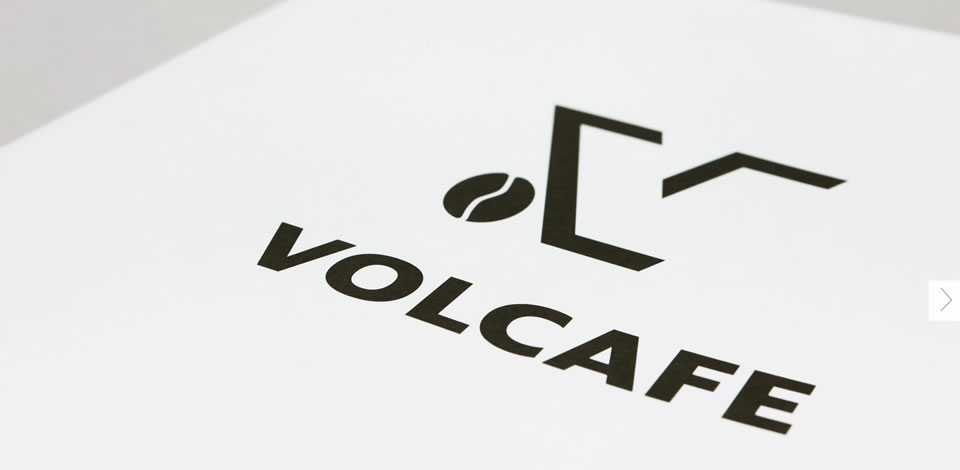President Uhuru Kenyatta’s task force on coffee, appointed last month, has a very difficult task ahead. If the terms of reference it has been assigned is anything to go by, the team led by economist Prof Joe Kieyah is heading for direct collision with a deeply-entrenched cartel that controls the coffee trade, not just in Kenya but internationally.
In its task of proposing a new value chain that puts more income into farmers’ pockets, Uhuru’s team will be forced to confront a coffee trade structure that is as old as the crop in Kenya. The structure emerged when coffee was first introduced in the country and crystallised as multinationals learnt of the definitive taste of the Kenyan coffee.
Multinationals operating in the industry have such a strong grip that makes it near impossible for other players to enter the market. They determine the prices at the Nairobi Coffee Exchange and the flow of the commodity in the market.
Control is exerted through multiple layers of companies in incestuous relationships—in the sense that a company only trades with its sisters. In the Kenyan case, the multinationals that operate in the country and who have more than 70 per cent market share of the coffee produced, have business operations through the entire value chain.
Their operations start from collection of coffee beans at the gate, then on to milling, trading at the exchange, export, warehousing, shipping lines, roasting and commodities brokerages in Nasdaq Commodities Futures Market in New York and International Commodities Exchange (ICE) in London. What this means is that the industry becomes almost impenetrable by local players.
In fact, local agents and traders have complained about this tight grip of the Kenyan industry by the foreign-based firms. It is these dealings that ensure farmers are perpetually underpaid as the multinationals take the bulk of the industry’s fortunes.
The biggest coffee buyer, according to trading results of September last year, was Taylo Winch. All the coffee that the company buys is then sold to Volcafe in Switzerland where it is roasted, blended and reshipped to US using ED&F Man Shipping ocean liners, where its apparently purchased by Volcafe Specialty Coffee.
In the US, the coffee is either sold directly or via other agents through New York and London commodities and futures markets with the brokerage services provided by ED&F Man Capital Markets. All the companies involved in the Taylo Winch value chain are sister companies. Taylo Winch itself is a fully-owned subsidiary of Volcafe, Switzerland.
Volcafe, on the other hand, is fully owned by ED&F Man Holdings in London, which also owns ED&F Man Capital Markets and ED&Man Shipping. The scenario in Taylo Winch is also replicated in Louis Dreyfus Commodities, Neumann Kaffe Group and Armajaro which feature among the big six coffee players in Kenya.
Louis Dreyfus Commodities Kenya sells the coffee it buys at the Nairobi Coffee Exchange to Louis Dreyfus Commodities in Rotterdam, Netherlands, where it is transported by Louis Dreyfus Amateurs, the company’s shipping line. It is then reshipped to New Orleans, US, where it is purchased by Zephyr, roasted and sold.
German multinational Neumann Kaffee Grouppe has many faces in Kenya. The first point of contact with the Kenya coffee is through its subsidiary, Tropical Farm Management Services (TFMS). TFMS is charged with sourcing for coffee from farmers and cooperative societies. It also advises farmers on how to tend their coffee and also supplies them with farm inputs on credit

















